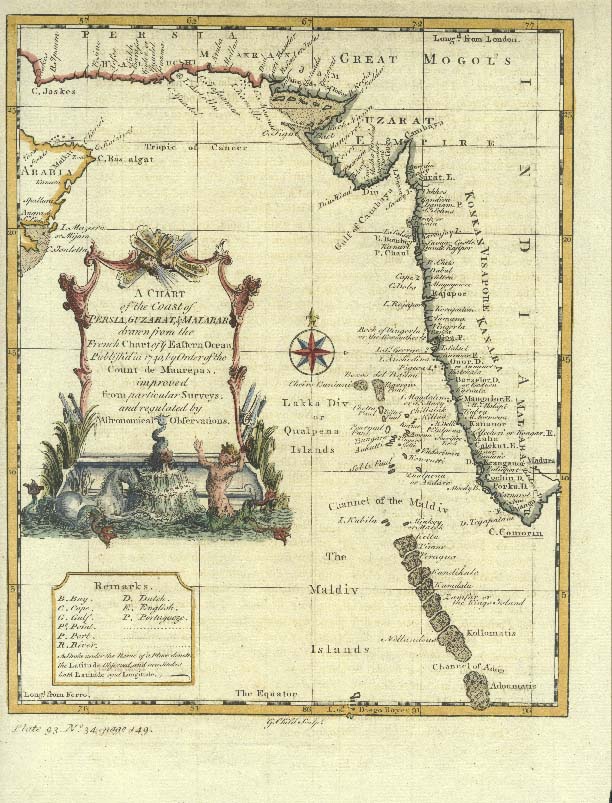The Kalikavu incident - 1915
Posted by Labels: 1915 Moplah, Innes attempt, Kalikavu, Moplah rebellion

A famine and the cholera epidemic....1943
Everybody talked about the Great War as the summer months of 1942 scorched the southern regions of India. The eastern allied bastions fell one after
another, by February 42 Singapore had capitulated and in March 1942, Rangoon
had fallen and Port Blair in the Andamans had been taken. The overjoyed INA
factions in Malaya and Burma were waiting for directions from their new leader
Subhas Chandra Bose ensconced in Rangoon, while at the same time, hundreds of thousands of panic
stricken Indian refugees (Burmese workers) were in full flight across the seas and borders
into India, their ancestral home. Their belief was total that the British Raj
would do nothing to help them, for their brethren had not received any great support
either at Malaya or Singapore. One could hear the refrain – that
invasion was imminent, the Japanese were coming, and that the British are set
to flee India. With censor controlled war news channels focused on the action
in Europe, rumor machines in India took over and wild tales were told and retold.
The Japanese soldier, though smaller than a Burmese elephant, evoked a bigger
fear, rivaling a dragon.
